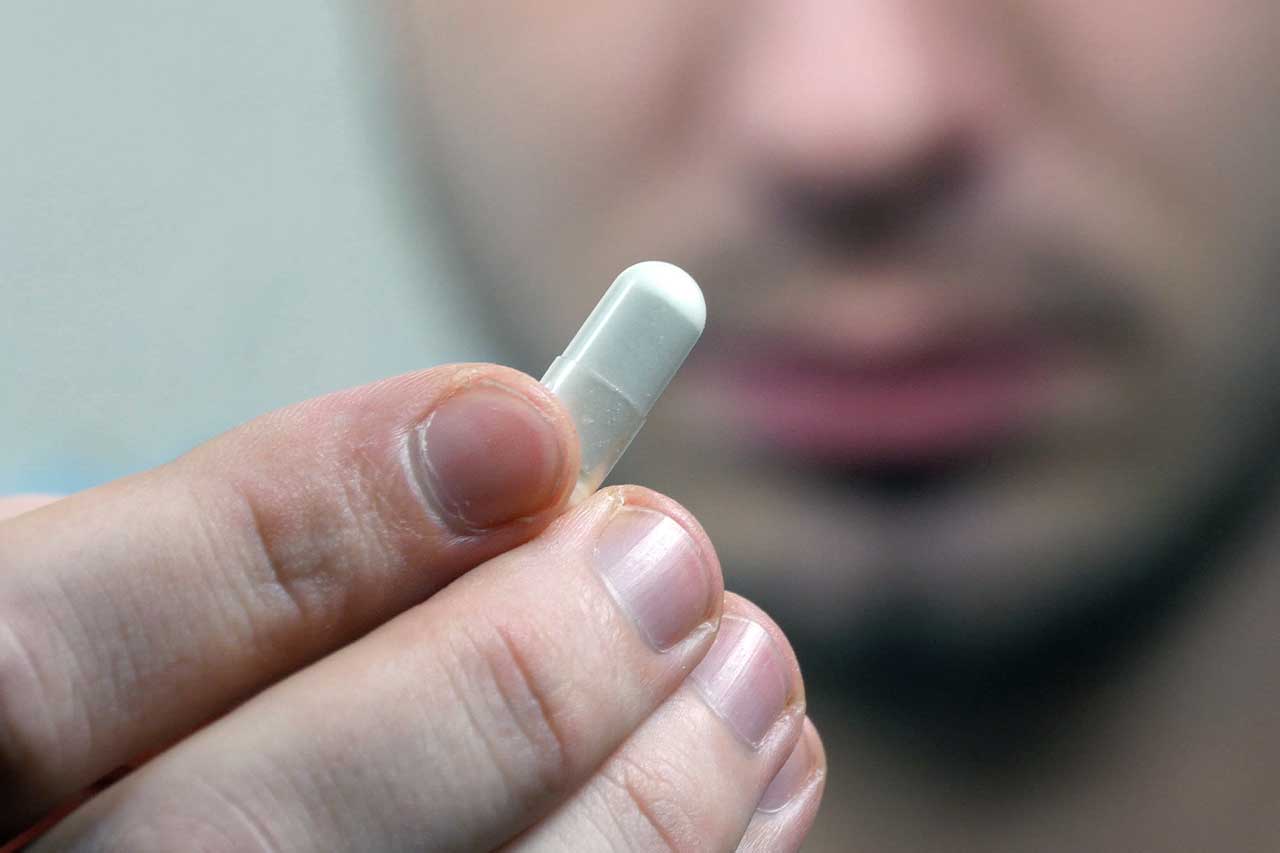Everyone has heard of prescription medications like Effexor, but few know the truth about the potential for addiction. Effexor is a powerful drug used to treat depression, anxiety, and other mental health conditions, but it carries a risk of dependence and addiction. In this article, we will explore the truth about Effexor and its potential for addiction to help you better understand its use and side effects.
Effexor is not considered to be an addictive medication, but it can cause physical and psychological dependence. It is important to take Effexor exactly as prescribed by your doctor to avoid developing a dependence on the medication. The risk of becoming addicted to Effexor is low, but it is still important to be aware of the possibility of dependence and withdrawal symptoms. If you have any questions or concerns about the risk of addiction, talk to your doctor.

What is Effexor?
Effexor is the brand name for a medication called venlafaxine, an antidepressant that is used to treat depression and other mental health conditions. It is a serotonin-norepinephrine reuptake inhibitor (SNRI), which means that it works by blocking the reabsorption of serotonin and norepinephrine, two neurotransmitters that play a role in depression and anxiety. Effexor is available in both immediate release and extended-release forms, and is available in a variety of strengths.
How Does Effexor Work?
Effexor works by blocking the reabsorption of serotonin and norepinephrine. This increases the amount of these neurotransmitters available in the brain, which can help to reduce symptoms of depression and anxiety. Effexor also works by blocking certain receptors in the brain, which can help to improve mood and reduce anxiety.
Is Effexor Addictive?
Effexor is not considered an addictive medication, and there have been no reports of addiction or abuse with its use. However, it is important to note that any medication can potentially be misused or abused, so it is important to take Effexor as directed and to talk to your doctor if you are concerned about your use of the medication.
Effexor Side Effects
Effexor is generally well-tolerated, but like any medication, it can cause side effects. Common side effects of Effexor include dry mouth, nausea, insomnia, and headache. More serious side effects are rare, but can include increased blood pressure, increased heart rate, and increased risk of seizures. If you experience any side effects while taking Effexor, it is important to talk to your doctor as soon as possible.
Effexor Withdrawal
If you suddenly stop taking Effexor, you may experience withdrawal symptoms. These can include flu-like symptoms, dizziness, confusion, irritability, and fatigue. It is important to talk to your doctor before you stop taking Effexor, as they may recommend tapering down your dose over time to reduce the risk of withdrawal symptoms.
Effexor and Pregnancy
Effexor is considered a pregnancy Category C medication, which means it may pose a risk to a developing fetus. If you are pregnant or planning to become pregnant, it is important to talk to your doctor before taking Effexor. Your doctor can help you weigh the risks and benefits of taking the medication during pregnancy.
Frequently Asked Questions
What is Effexor?
Effexor (venlafaxine) is an antidepressant medication used to treat a variety of conditions, including major depressive disorder, anxiety, panic disorder, and social phobia. It belongs to a class of medications known as serotonin-norepinephrine reuptake inhibitors (SNRIs). It works by increasing the amount of serotonin and norepinephrine in the brain, which can help to improve mood and reduce anxiety.
Is Effexor Addictive?
No, Effexor is not considered to be an addictive substance. It does not produce the same type of physiological dependence that is associated with drugs like opioids or benzodiazepines. When taken as prescribed, Effexor is not habit-forming and does not cause cravings.
What are the Side Effects of Effexor?
Common side effects of Effexor include dry mouth, constipation, nausea, headache, drowsiness, dizziness, and increased sweating. It can also cause changes in weight or sex drive, and can cause sleep disturbances. Less common side effects include blurred vision, increased heart rate, and changes in blood pressure.
Are There Any Interactions with Other Medications?
Yes, Effexor can interact with other medications. It is important to tell your doctor if you are taking any other medications, including over-the-counter drugs, vitamins, and supplements. Some drugs that interact with Effexor include warfarin, aspirin, ibuprofen, and other antidepressants.
Can I Drink Alcohol While Taking Effexor?
It is not recommended to drink alcohol while taking Effexor. Alcohol can increase the side effects of the medication, such as drowsiness, dizziness, and blurred vision. Additionally, alcohol can also interfere with the effectiveness of the medication, as well as interact with other medications you may be taking.
Can I Stop Taking Effexor Suddenly?
No, it is not recommended to stop taking Effexor suddenly. It is important to talk to your doctor before stopping the medication. Stopping it suddenly can cause withdrawal symptoms such as dizziness, nausea, headaches, and irritability. The doctor may recommend you gradually reduce your dose over time to avoid these symptoms.
Effexor XR Users Experience – A tale of terror.
In conclusion, while Effexor is not considered to be an addictive drug, it can still be dangerous to take without proper supervision. Those taking this medication should always consult their doctor before beginning or stopping the medication and carefully monitor their own use of the drug. Additionally, individuals should watch for any signs of dependence or abuse and should seek professional help as soon as possible if any are detected.
